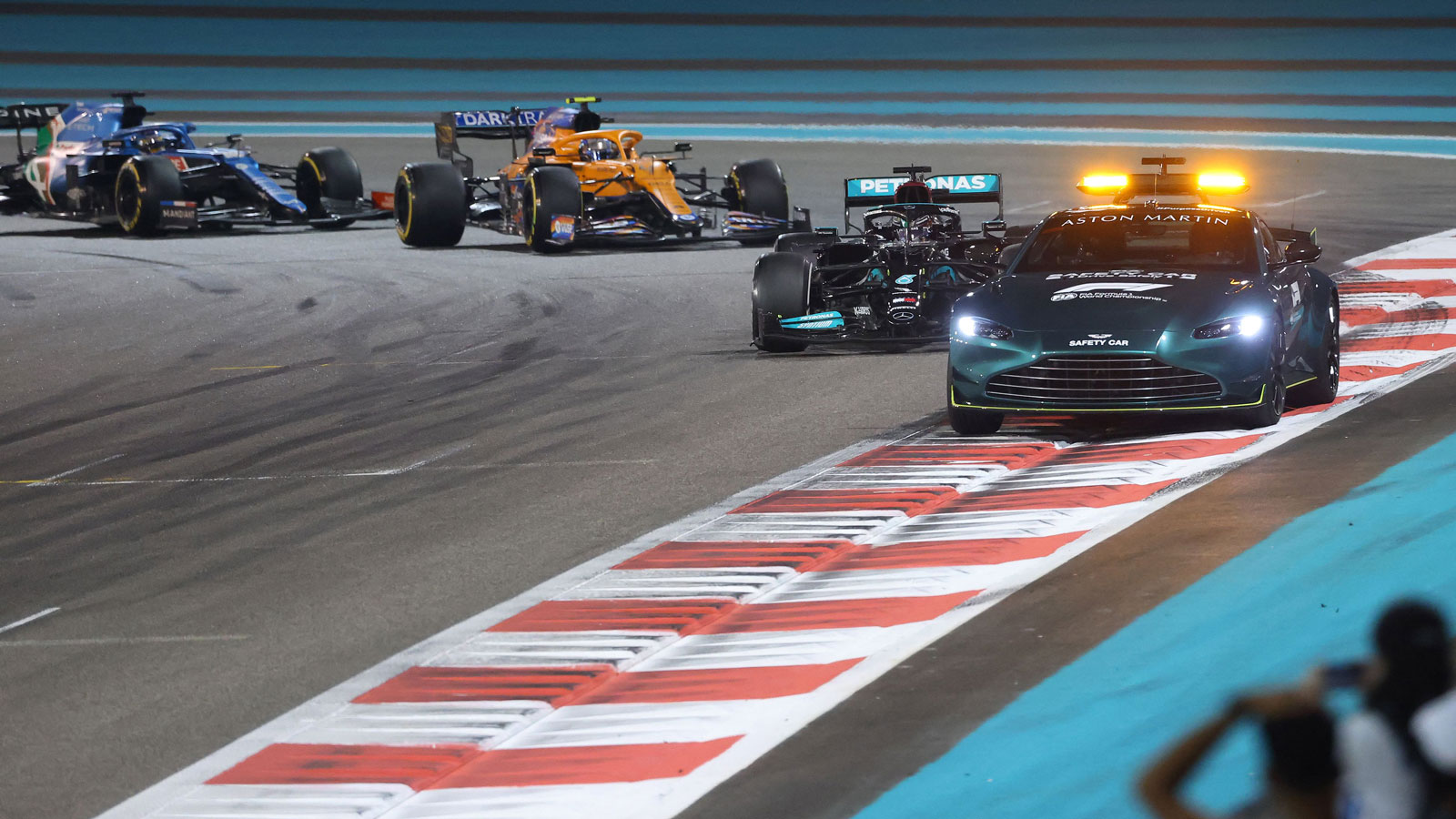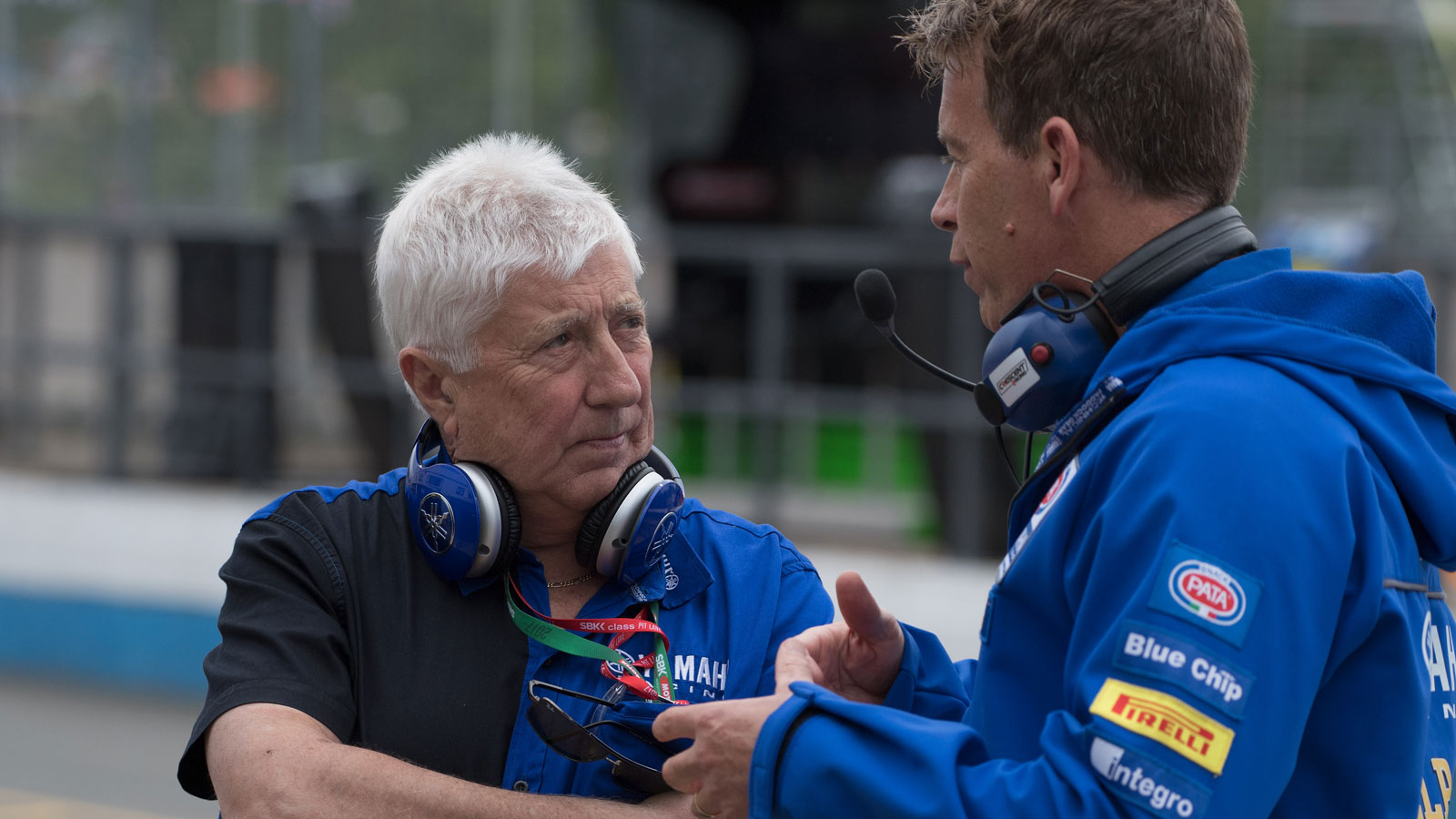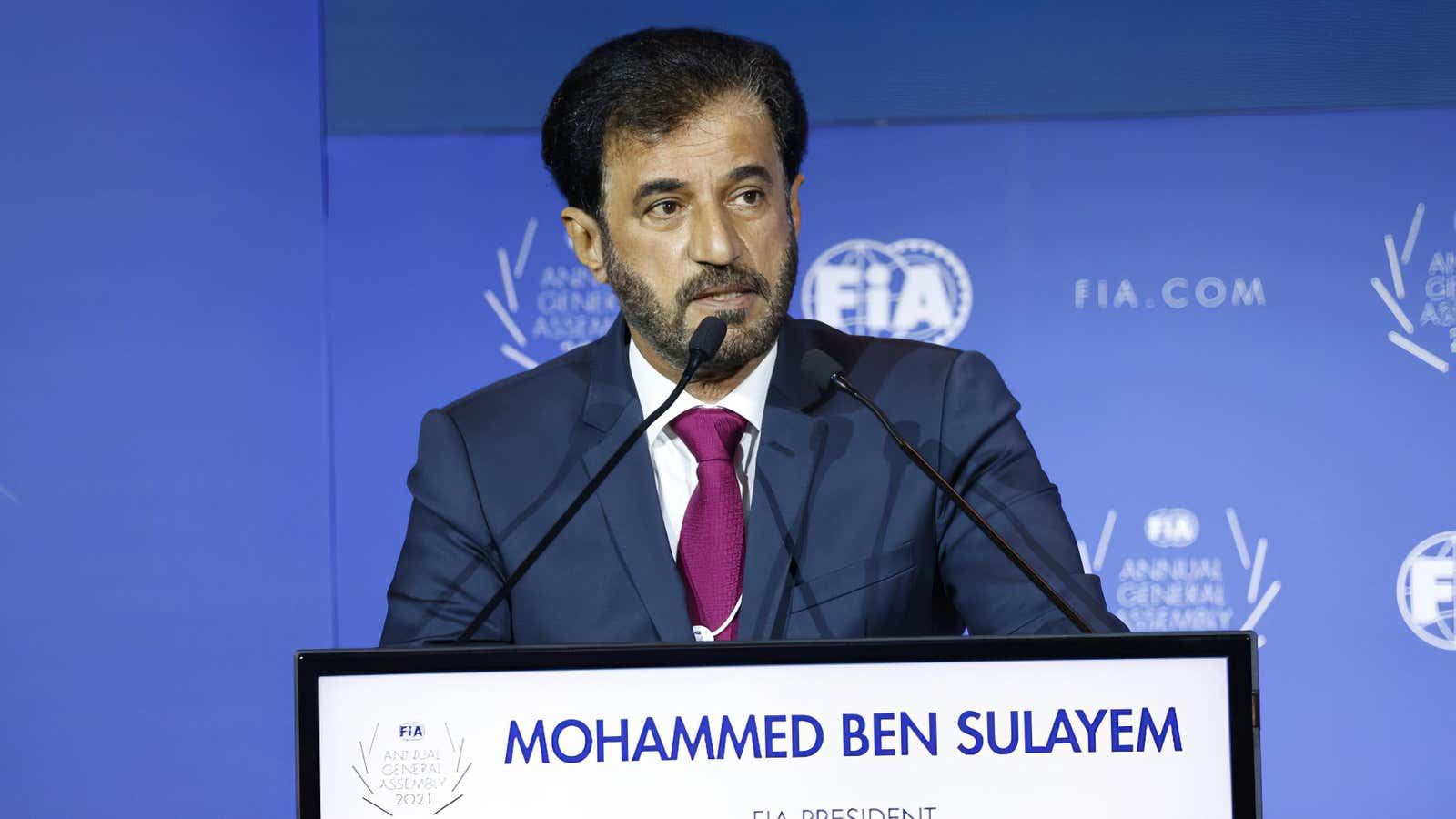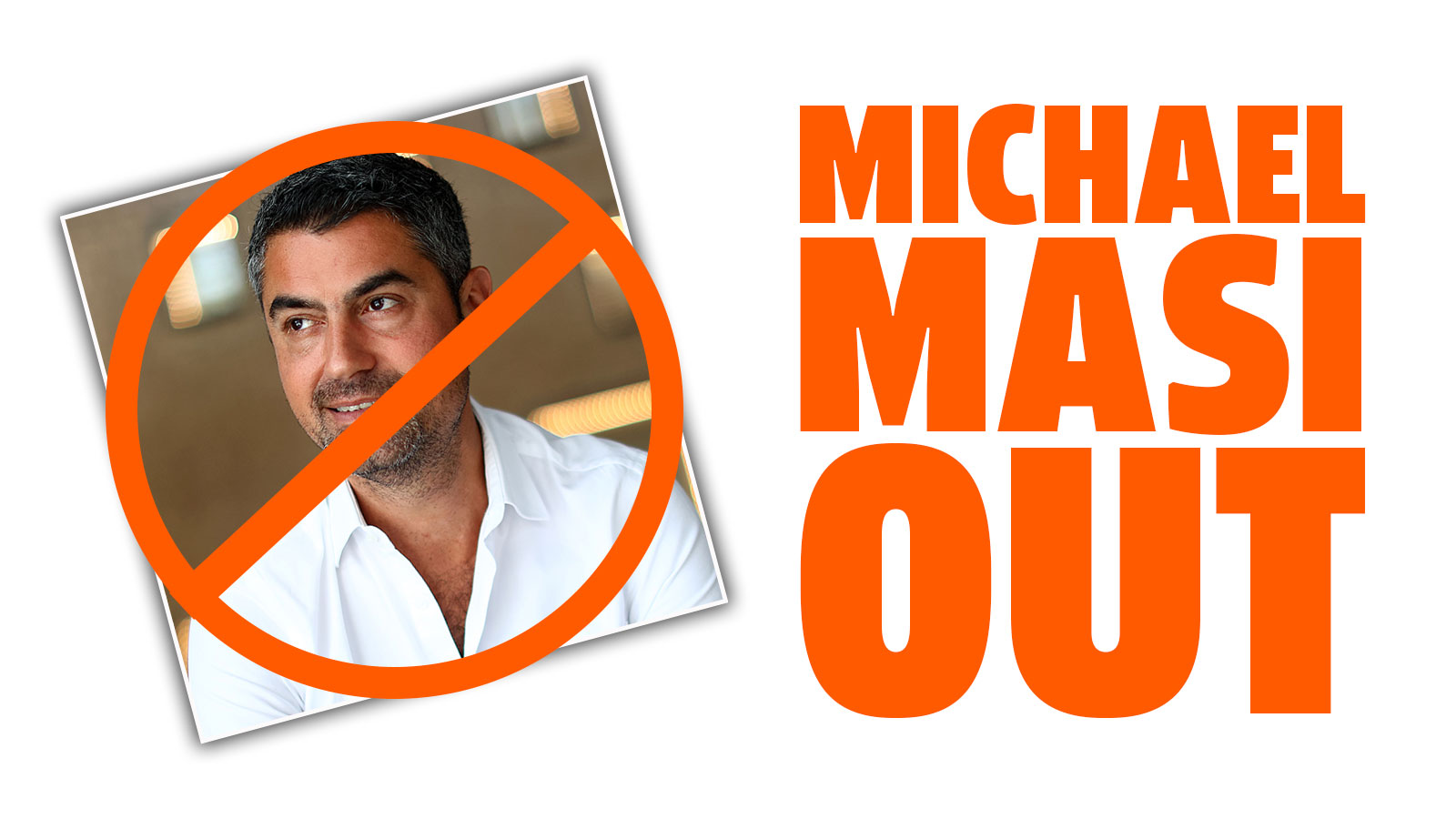F1 Race Director Michael Masi Replaced With Two New Controversial Race Directors
The FIA is shaking up F1’s management by swapping one controversial race director for two new ones.
Never has a change in a sport's governance been more hotly anticipated than right now in Formula 1. Fans on both sides of the court have been waiting with bated breath to find out how governing body the FIA would handle the fallout from the Adu Dhabi Grand Prix, and now we know. Race director Michael Masi is out, with his position set to be filled by a new management team.
In a statement, the FIA today confirmed that Masi would be out of his role as Formula 1 race director going into the 2022 season. The decision follows weeks of speculation surrounding his credibility after numerous controversial calls in the 2021 season.
Masi's penchant for chaos reached a head at the season-closing Abu Dhabi Grand Prix, where he threw away the rulebook surrounding safety car restarts. By allowing five lapped cars to un-lap themselves before one final racing lap, Masi handed the world championship to Max Verstappen on a silver platter.

The decision sparked outrage among fans and left a dark cloud hanging over Verstappen's maiden world title. Calls for Masi's removal began almost instantly.
Now, the Australian has been relieved of his duties as F1 race director. He will instead be "offered a new position within the FIA." Hopefully it's one that doesn't involve any kind of decision-making.
In his place, the FIA has appointed Niels Wittich and Eduardo Freitas, who will act alternatively as race director. They will be assisted by Herbie Blash as permanent senior advisor.
Freitas previously served as race director in the World Endurance Championship and Wittich left his role as the DTM race director at the end of 2021. Blash previously worked as deputy race director in F1 until 2016.

There are also further changes set to come into force to ensure that these three don't follow Masi's example and go rogue.
The FIA will set up a Virtual Race Control Room that will act as "a backup outside the circuit."
FIA president, Mohammed Ben Sulayem, likened the new sporting body to the Video Assistance Referee (VAR) in soccer and said it would "help to apply the sporting regulations using the most modern technological tools."
Communications between teams and race control will also be more tightly controlled. Sulayem said direct radio contact to the race director would "be removed in order to protect the race director from any pressure and allow him to take decisions peacefully."

However, he assured that teams will still be able to question race management, but said this would now be via a "non-intrusive process."
Finally, the process of un-lapping racers behind the safety car will be "reassessed" and presented to the F1 commission ahead of the new season starting in Bahrain next month.
It's a big shakeup in the management of Formula 1 as it heads into a new season, one that brings with it a shakeup of the sporting and technical regulations.
But, importantly, it's a change that the sport desperately needed if it wanted to maintain a shred of credibility going into 2022. The rules of an F1 race must be predictable and enforced in the same way for every team and driver. Hopefully, this new team can ensure that's the case.
